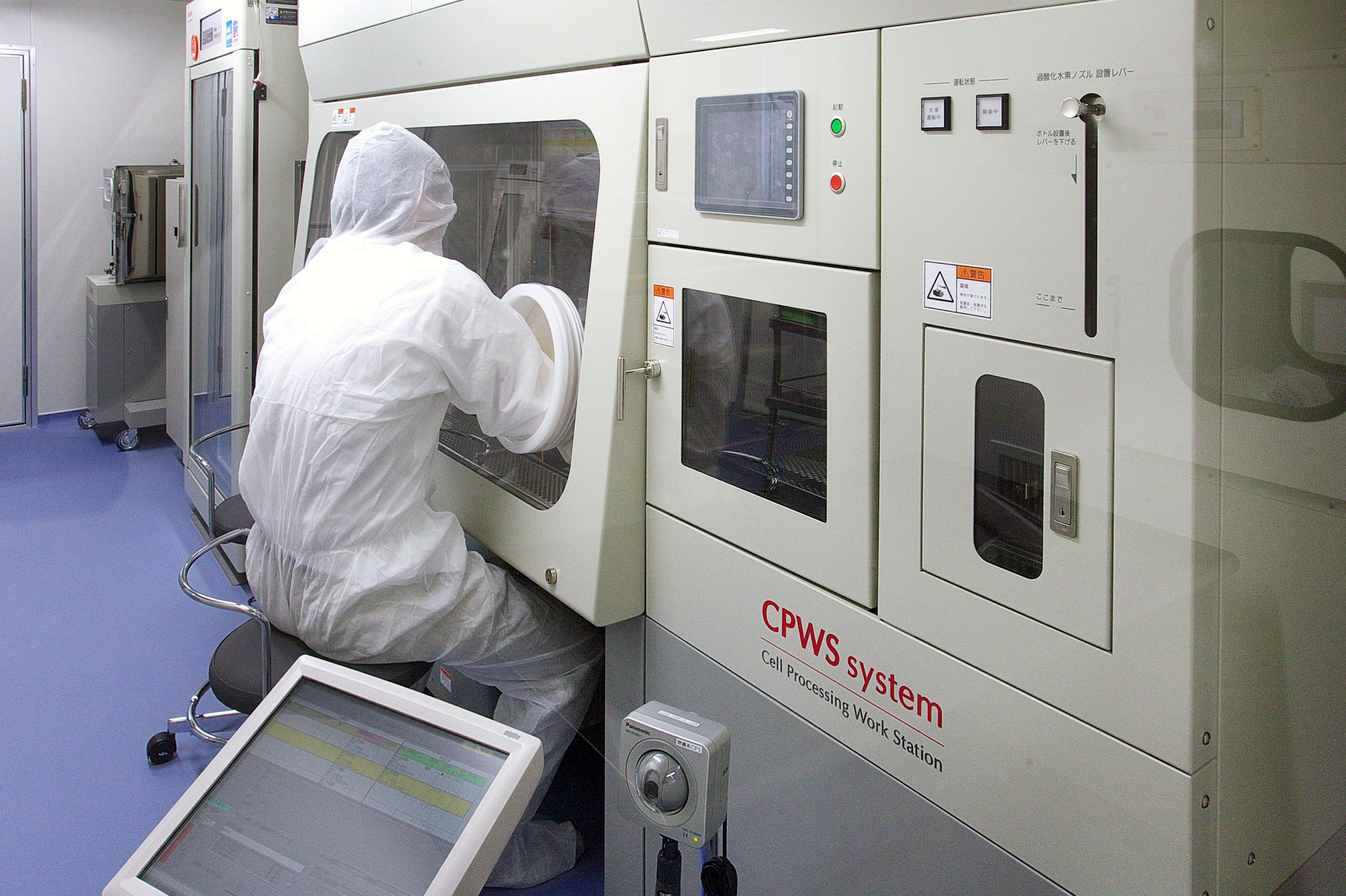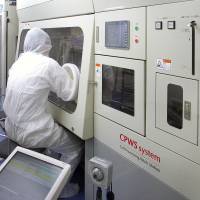The Kyoto University Center for iPS Cell Research and Application has started creating induced pluripotent stem cells (iPS cells) for stockpiling for future use in regenerative medicine and clinical research, officials said.
The cell stockpiling project is being led by the center's director, Shinya Yamanaka, an iPS cell developer and Nobel Prize winner, to build a stock of specific iPS cells with a lower risk of immune rejection.
Once the safety of the artificially derived stem cells is confirmed, the center plans to start making them available to other research institutes in fiscal 2014 starting next April 1, the officials said Wednesday.
Under the iPS cell stock project, the iPS cells will be created from blood provided by people with white blood cells containing a rare antigen that helps reduce the risk of immune rejection.
The iPS cells will then be frozen for stockpiling. The cell bank will allow transplants to be conducted swiftly and affordably, the center officials said.
Like embryonic stem cells, iPS cells can grow into any type of human tissue to regenerate organs. They are said to be rejection-free if made from recipient patients' own cells, but the process is time-consuming and expensive.
In cooperation with other organizations, including Kyoto University Hospital and the Japanese Red Cross Society, the center is looking for blood donors to help with the iPS cell stock project, according to the officials.
Once the cells are stockpiled, they are expected to be provided to Keio University, Osaka University and other institutions that are involved in clinical research on regenerative medicine using iPS cells.




